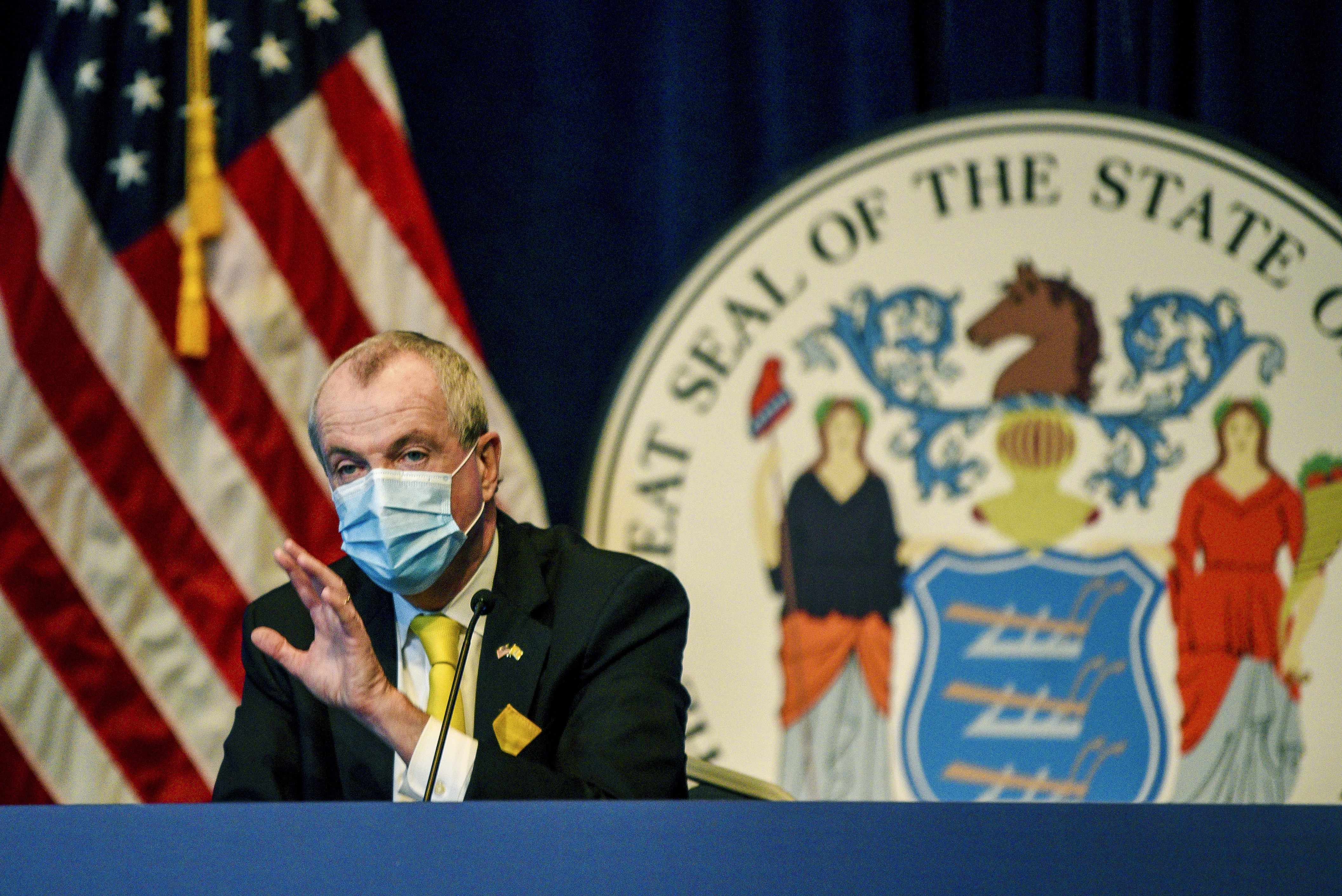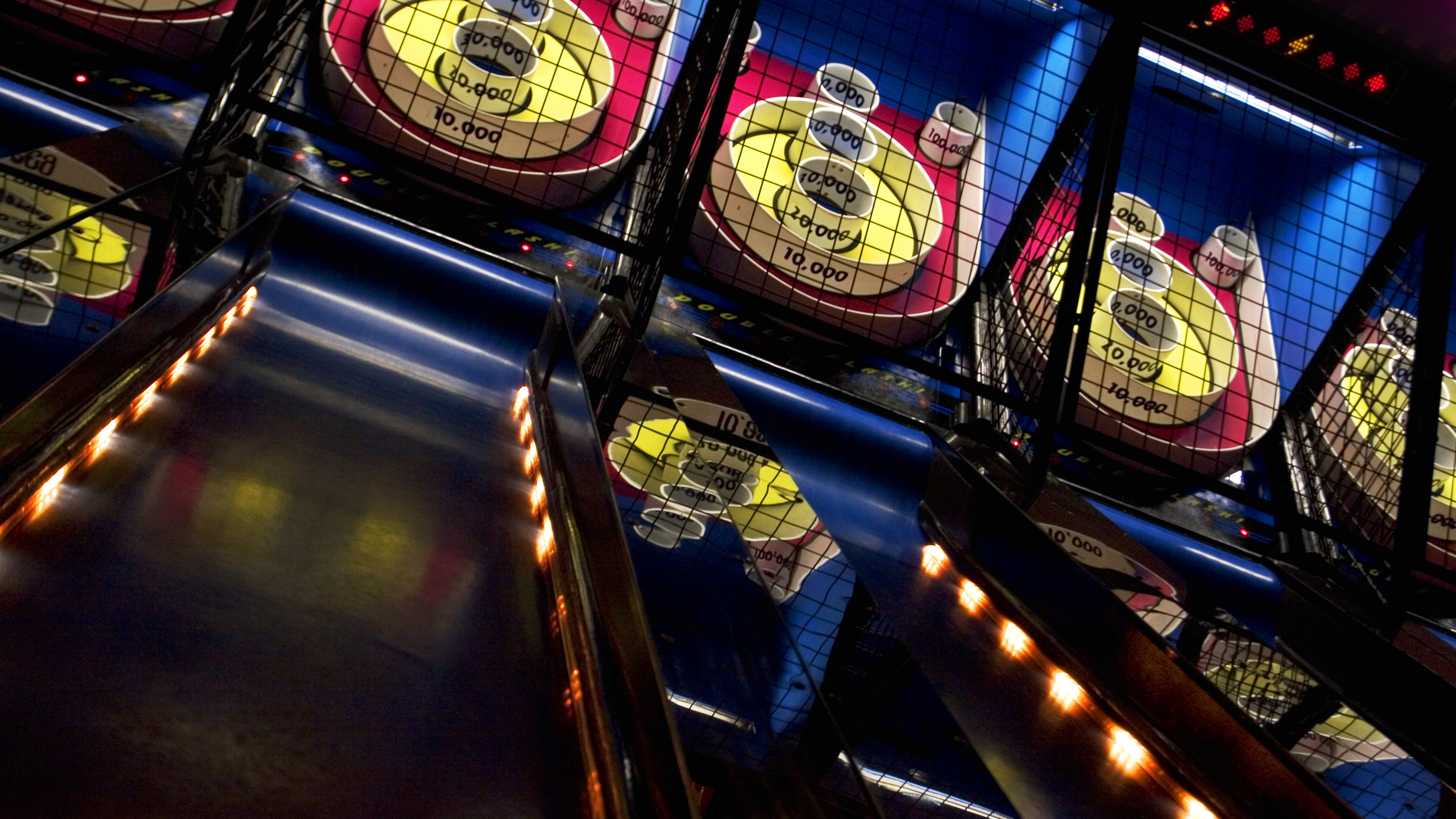New Jersey schools will see students in the fall, but classes will look different as schools adjust to new precautions against the spread of COVID-19. NBC10’s Cydney Long reports.
What to Know
- New Jersey Gov. Phil Murphy says the state's schools will be open for in-person instruction this fall, as long as COVID-19 trends don't worsen.
- Murphy, a Democrat, unveiled the guidelines Friday. They lay out a number of requirements, but also leave many decisions up to the state's roughly 600 school districts and private schools.
- The guidelines require in-person instruction, Education Commissioner Lamont Repollet said. That means districts could not opt for only-online learning, if they wanted.
The upcoming school year in New Jersey will be like no other.
On Friday, Gov. Phil Murphy and the state Department of Education revealed their guidance for schools reopening amid the coronavirus with masking, social distancing, cleaning and other mitigation efforts in place.
The first-term Democrat said that the last school year that ended with months of remote learning rather than in-person lessons was "unprecedented." He said the 2020-2021 School Year will also be "unprecedented," but at least in person to start.
"We have every expectation that our children will return to their schools this September," Murphy said at his Friday coronavirus news briefing. He noted that the guidance comes with the health of students, their families, teachers and staffs are the "top priority."
Murphy said that four principles guide the reopening plan: Ensuring a conducive learning atmosphere, supporting educational leaders, providing policy guidance and necessary funding to schools and securing continuity of learning.
"There is no one-size-fits-all approach we can take to the reopening of our schools," Murphy said while noting that "many geographic, demographic, and economic differences" exist across the Garden State.
The 104-page guidance document lays out a number of requirements, but during an earlier briefing with reporters, Education Commissioner Lamont Repollet stressed that districts will have flexibility to tailor the reopening to fit their needs.
“I understand that this will be no easy feat,” Repollet said. “Our guide will begin to fill in the picture of what a safe education system will look like in the fall.”
The guidelines require in-person instruction, Repollet said. That means districts could not opt for only-online learning, if they wanted. However, the number of days schools require students to report in person, and whether they also use online learning, is up to the districts.
Among the guidelines facing the state's roughly 600 school districts are requirements that they:
- Adopt a screening policy for students and staff.
- "Strive” for social distancing, meaning maintaining 6 feet of distance between people, and if that’s not possible, then physical barriers between desks must be put in place
- Require staff and visitors to wear masks
- Encourage, but not require, students to wear masks
Overall class size should be limited, if possible, to help with social distancing, Murphy said.
The guidance also addresses school bus and cafeteria protocols, along with sports, though many details will have to be worked out in each district.
On transportation, the Murphy administration recommends keeping social distance on buses where possible, but acknowledges that if it's not, then students must wear face coverings. Repollet also recommended opening the bus' windows if practical. Murphy said that bus operators must "ensure all vehicles are properly cleaned on a daily basis."
READ: The entire 104-page New Jersey education plan is posted on the state's website.
Buffet-style cafeteria service won't be allowed under the plan, and districts will have to adopt a grab-and-go approach, as well as eating in classrooms, Repollet said.
On athletics, the guidance refers to pending guidelines from the New Jersey State Interscholastic Athletic Association.
Districts will have to come up with a plan for increased cleaning and disinfecting, especially for frequently touched surfaces, according to the plan.
"All schools will work with their custodial staffs in implementing procedures for proper daily building sanitation and disinfection – in restrooms, cafeterias, common areas, every classroom, every gym and every locker or changing room," Murphy said.
New Jersey's schools shuttered in March when the outbreak first struck in the state, with districts shifting to online learning. Friday's guidelines say state officials anticipate students likely made less than a full year's worth of progress this academic year because of the COVID-19 closure and calls on districts to prioritize returning students who are most in-need of in-person instruction.
That could include students with disabilities, English language learners, homeless children, and low-income students, the document says.
Murphy noted the guidelines were released Friday to give schools and districts the entire summer break to formulate their plans.
School districts should announce their reopening plans four weeks before the start of school, according to the guidance.
Schools need to be prepared to possibly re-shutter.
"Districts must be prepared for the possibility that public health could require another switch to all-remote learning at any times," Murphy said. "Protecting everyone continues to be our top priority. "
Murphy said "all options" remain on the table should the coronavirus come roaring back in New Jersey, which was hard hit earlier in the pandemic.
"Our guidance stresses that each school district should work, in advance, to ensure every student has a device and available internet connectivity where remote learning will continue for some students," Murphy said.
As of Friday, New Jersey reported more than 170,000 COVID-19 cases. At least 13,060 coronavirus-related deaths are confirmed, with another 1,854 suspected.
Forty-four more deaths were announced Friday.
While other states are seeing an uptick in cases, Murphy said hospitalization rates and the rate of spread of the virus in New Jersey are down compared with Thursday. The rate of positive test results also fell from nearly 4% Thursday to about 2%, Murphy reported Friday.
Overall, hospitalizations and cases have been down for weeks, Murphy said.
"Tracking our key metrics, we remain in a good place overall. We need to continue to be vigilant to ensure we don’t fall back. Keep up with social distancing, wearing a face covering, and taking personal responsibility."
Atlantic City Casinos Aim for July 3 Reopening
Three Atlantic City casinos said they'll reopen on July 3, instead of July 2, the day Murphy cleared them for restarting with 25% capacities, workers wearing masks and other safety measures.
Bally’s, Caesars and Harrah’s Resort said Friday in a statement they'll open their doors a day after clearance from the governor.
Technical Problem Delays MVC Reopening an Extra Week
The resumption of some in-person transactions at New Jersey's Motor Vehicle Commission offices will now be delayed until to July 7 due to a problem with a new text message system that's intended to prevent overcrowding, officials announced Friday.
However, student driver road tests will resume Monday as planned, and inspection stations will also reopen that day.
MVC officials had planned to resume the in-person transactions on Monday as well, but an unspecified technical issue with the new texting system forced a delay. The system will allow customers to check in and then leave those offices until they get an alert to return and complete their transactions.
Officials also announced that MVC agencies will be closed on Mondays during July so they can perform health and safety assessments of facilities following each week of expanded activity. Capacity in agencies has been cut by as much as two-thirds to allow for social distancing.
Transactions that can be done online will not be available in person until further notice, officials said.



